Villa Chã
In Villa Cha, I share the monastery floor with a doll-faced lady who eats hummus with a teaspoon. She sleeps from 6 pm, draining her legs against the wall. When I wake up, she’s out on the balcony, crying in the rain and it becomes clear that we will have to have a conversation.
We had booked the same flight into Porto, lived on parallel roads as students, and both packed novels by Paulo Coelho. “We've got the same life” I lie politely. She rounds on me in disbelief: “Sure, except you’re living it with a ‘tequila-tequila’ attitude.” I leave some tissues behind and pray I never see her again.
Apulia
The checkout girl pulls me behind the counter of the petrol station to point at the rips in my trousers. I know, I know, but I don’t have others, I’ll throw them away at the end of the trip. Except she doesn’t speak English and I can only manage “yes” and “thank you” in Portuguese.
“I don’t want to embarrass you, but your trousers are torn at the back.” “Si!” “Everything is on display. I’m just making sure you know.” “Obrigada!”
She reaches round my hips to hold the material together and I laugh apologetically into her worried face. Then she realises how this must look, sees the crowd of surfers gathering to watch by the petrol hoses and starts laughing too, slowly at first and then enough to knock cigarettes off the shelves.


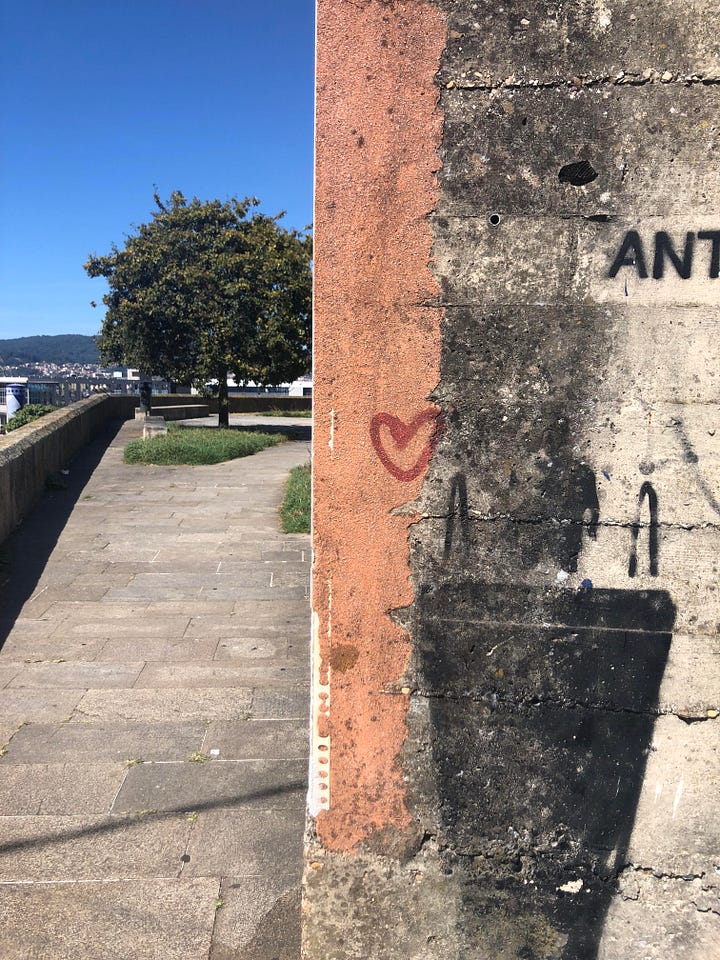

Lovelhe
Whenever I come across Marcus - which happens a lot, we stay in the same albergues and walk with equal determination - he tells me his new English words. The first three days offer ‘cramp’, ‘litany’, and ‘bunk bed.’ In Lovelhe I point at his feet to avoid the mixed emotions on his face, and teach him ‘blisters.’ He says his father died in a hospice five years ago and his final words were “There are many problems with bed rest, but you can’t get blisters.”
Marcus is not like the other Germans I have met. On the cliffs of Lovelhe there are lots of swimming pools fenced back from the ocean.
Viana do Costello
The only restaurant open on Sunday evening has lace curtains and yellow paint that hangs onto light long after sunset. I order steaks with buttered rice and green wine for the table. My companion must be eighty. He indicates that this will be his thirteenth Camino with two and a half tally charts drawn on a napkin. At the end of the silent meal, he takes my hands and says “Hammersmith” with tears in his eyes. When I come to from this prophecy the room has conceded to night time and I am alone with a settled bill.


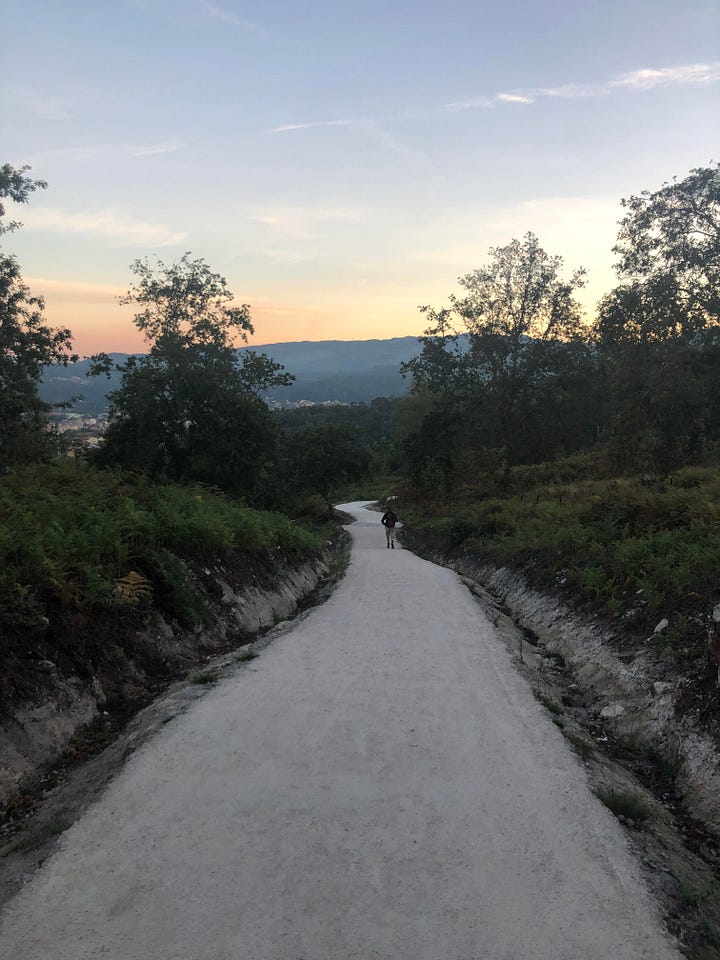

Carreço
An overnight storm takes out the local generator. Pilgrims grope along the town’s washing lines with their phone torches and set off in wet underwear. I overtake an old lady who pauses every few minutes to lift snails out of harm's way. On the edge of Carreço the route turns onto a boardwalk along dunes. Multiplexes of snails wet with rainwater from below and dew from above are revelling on the sodden wood, moving en masse as far as the rising sun. I turn, beaming, and wait for the Good Samaritan.
A Guarda
The municipal albergue of A Guarda looks like a prison. A queue of backpacks has already lapped the courtyard - someone has left their baby as a placeholder instead - and all around nomadic pilgrims are stripping off to reveal scars and scallop shell tattoos.
Seo-Yun moves her tortilla to make space for me in the shade. I ask how European flavours compare to home. She says fine because the cigarettes taste the same and she’s not that hungry because she only ever walks five kilometres each day and then calls a taxi and she’s so sorry her English is bad but she loves to chat and she hopes that there will be more Koreans as the path gets busier so she can express herself fully because isn’t it the best thing to be truly seen and to laugh and to meet other people to really meet yourself and also to laugh?
After that, I talk to Seo-Yun all afternoon. I don’t admit that I am here because I just want to watch and walk without being perceived at all.


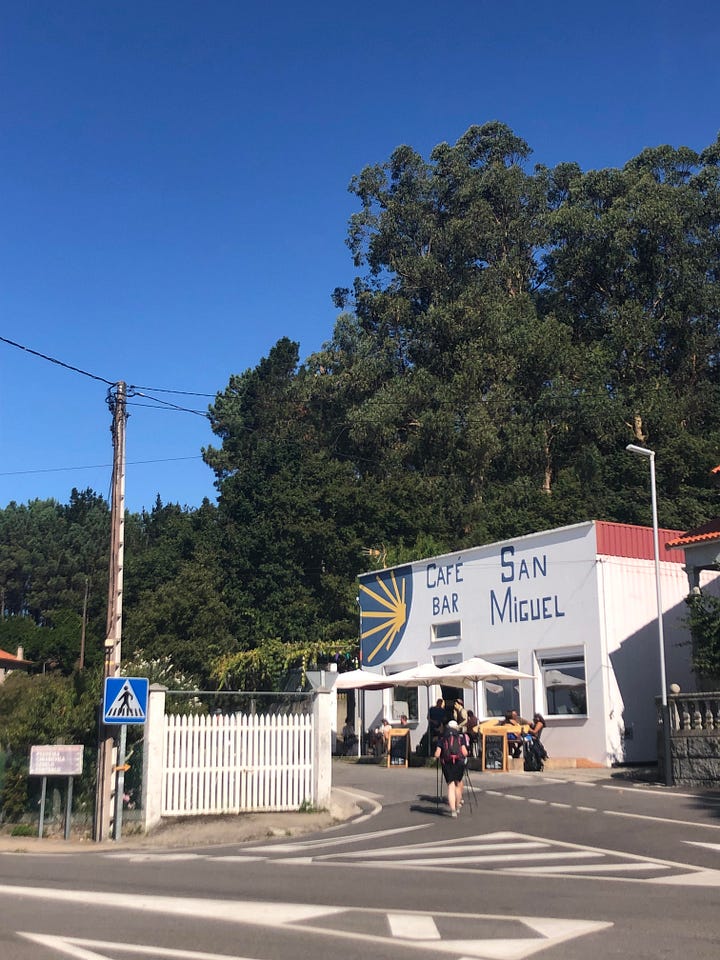
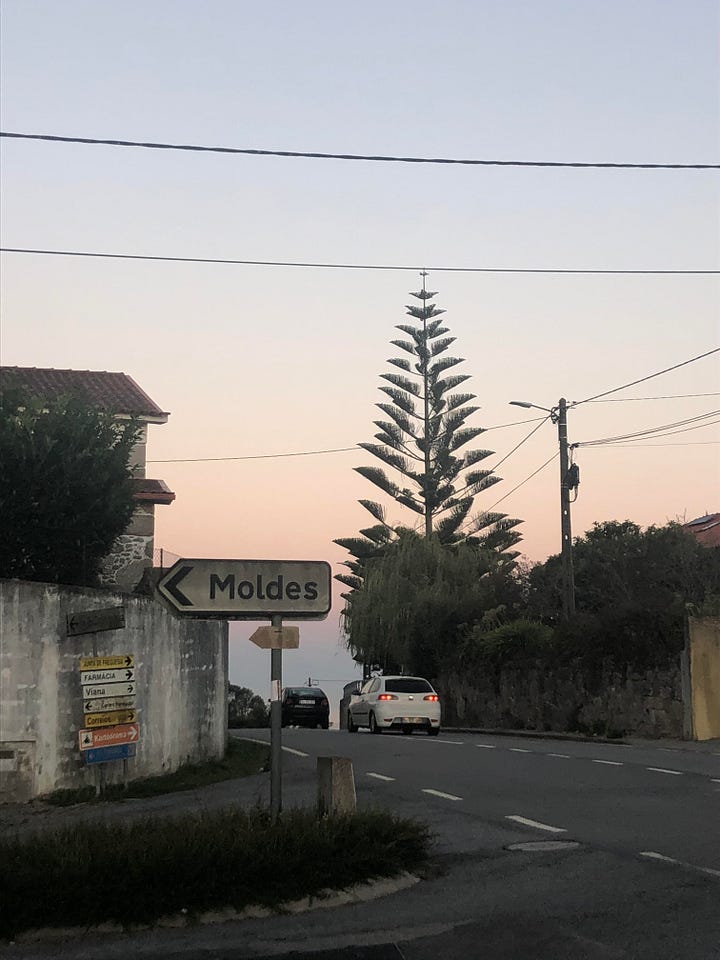
Villadescu
If I were a bad poet I’d say that the Irishman has eyes like sea glass and tanned limbs like trees stooping in the North wind. But his accent doesn’t sound Irish, and when I admit I study poetry he says “very left-wing” which isn't Irish at all. I like talking to him but the more he speaks the more chaos unfurls - more fractals in the windswept coastline, more interminable steps to where there may still not be a place to sleep - until the Irishman is on the rock beside me but also tessellating across the green and brown hills and in the sound of the waves with his strange voice.
I drink some beer and realise he might have said Iceland. The world sits back down in its dimensions.
Redondela
“The best fighter, the best drinker. Paddy was the centre of it all. Saw the humour in everything too. He’d’ve liked a wee blondie lugging five books and no water
… God love him.”
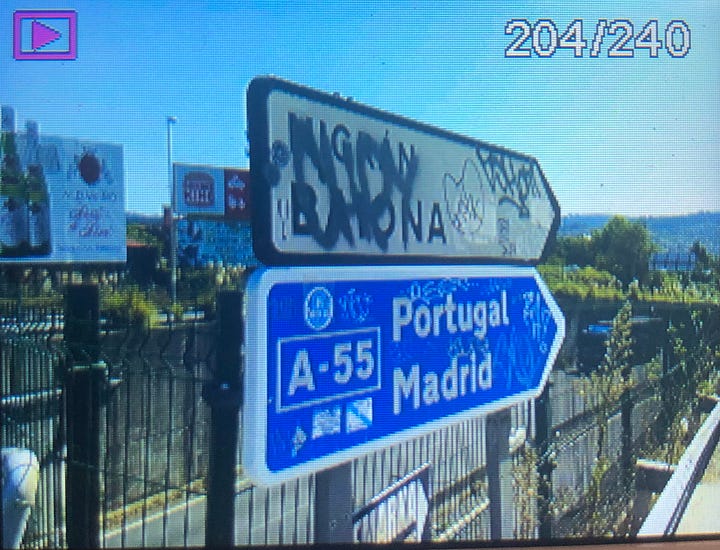



Santiago de Compostela
“What do you want?” “Tequila.”
He buys it with soda water, then in shot glasses, and finally mixed with Fanta in a porron which he tips from up near the ceiling into my throat. As he pours he smiles and looks down at me for enough time to contrive a moment of significance when none has offered itself. I move towards the speakers. On all sides young people are opening their jaws to chutes of vodka, getting ready to eat each other.
I follow him through more bars into an underground car park where the noises drop away behind a locked gate. He drives out into Santiago. Each streetlight’s passing shadows cast a hundred different faces over his and I sit transfixed in the dark passenger seat, straining towards the way he belongs here.
“What do you want now?” I want your Netflix deal and your whole city. I want a face that yours can only pass for between the lights. I want to drive all night along the cliffs of Galicia.


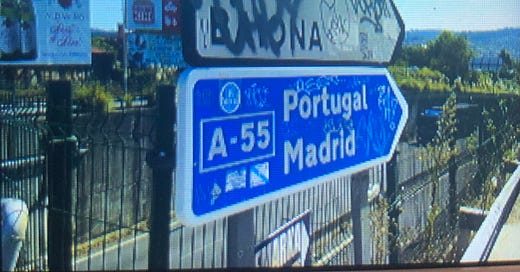


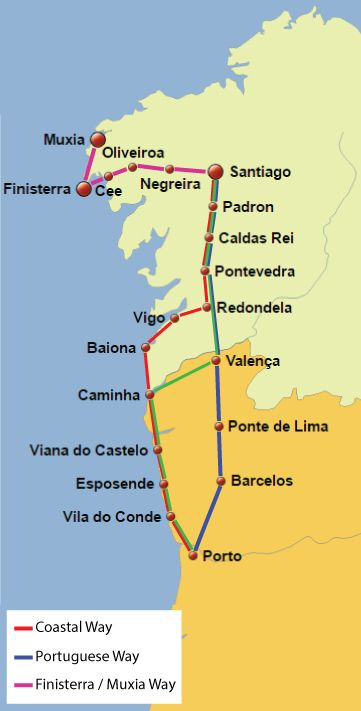
Sticking your substack title in your zoom name on LWS was a good idea. I used to do that but then took it off owing to the (possibly) low quality and (certainly) low frequency of my ‘stack. Anyway, I’m glad it got me reading this even though it means I’m not writing (again).